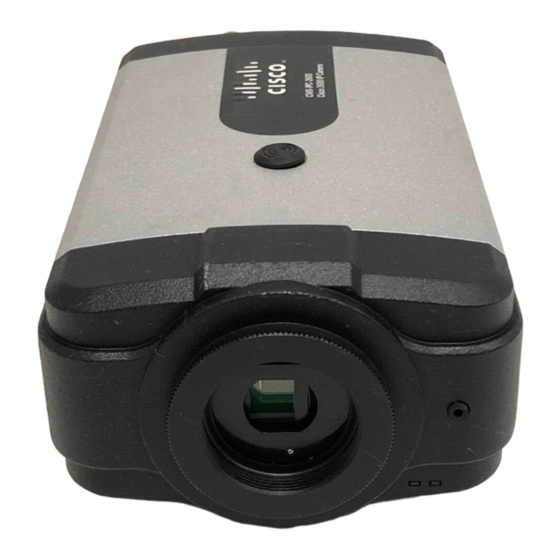area
auto-cost
capability
compatible
default
default-information
default-metric
discard-route
distance
distribute-list
domain-id
domain-tag
exit
help
ignore
log-adjacency-changes
maximum-paths
neighbor
network
no
passive-interface
redistribute
router-id
summary-address
timers
traffic-share
The network-number identifies the network using OSPF. The mask tells which bits to
use from the network-number, and the area-id is used for determining areas in an OSPF
configuration. For example:
Router(config-router)#network 10.12.0.4 255.255.255.252 area 0
Area 0 is so called backbone network.
2.2.2 Router ID
Router ID is the tie-breaker for OSPF path selection. The path selection process uses a
variety of metrics to select a route. If all other metrics (accessibility, administrative
weight, local preference, etc.) are equal, OSPF determines the router ID using the
following priority:
1. Use the address configured by the ospf router-id command
2. Use the address of the loopback 0 interface
3. Use the highest IP address of any interface
4. If no interface exists, set the router-ID to 0.0.0.0
OSPF area parameters
Calculate OSPF interface cost according to
bandwidth
Enable specific OSPF feature
OSPF compatibility list
Set a command to its defaults
Control distribution of default information
Set metric of redistributed routes
Enable or disable discard-route installation
Define an administrative distance
Filter networks in routing updates
OSPF domain-id
OSPF domain-tag
Exit from routing protocol configuration mode
Description of the interactive help system
Do not complain about specific event
Log changes in adjacency state
Forward packets over multiple paths
Specify a neighbor router
Enable routing on an IP network
Negate a command or set its defaults
Suppress routing updates on an interface
Redistribute information from another routing
protocol
router-id for this OSPF process
Configure IP address summaries
Adjust routing timers
How to compute traffic share over alternate
paths
10

